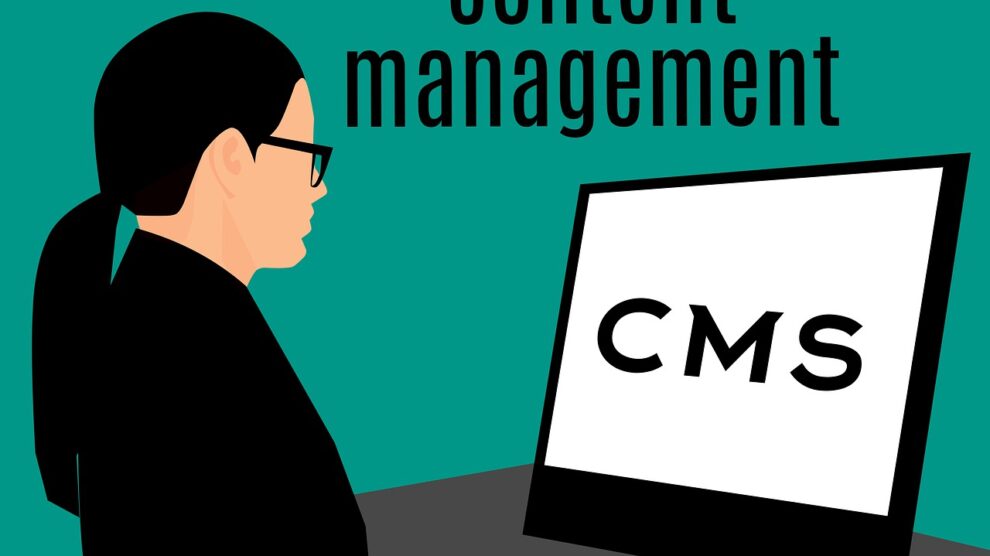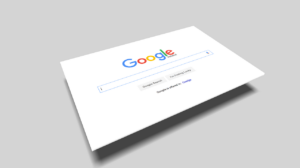When choosing between content management systems, one big question that many modern sites face is between headless and decoupled platforms. This choice will have a huge impact on the SEO performance of your site, so you should weigh up all the pros and cons, and choose wisely. Our guide will help.
First of All, What is a CMS?
CMS stands for content management system – it allows the users to update and work with any website without necessarily understanding the code of the website. It is a user-friendly solution for non-developers to work with websites that are using some type of CMS.
What Types of CMS Exist?
We will discuss 2 types of CMS, when to use them, what the advantages, pains and limitations of each system are: Decoupled CMS and Headless CMS.
What is Decoupled CMS and When is It a Good Solution to Use?
WordPress or Drupal are examples of so-called decoupled CMS. They are called ‘decoupled’ as they provide extensions and plugins that decouple them from their front-ends. Naturally, there are advantages to using and working with such a CMS. These are ‘off the shelf’ solutions, and easy to use.
Decoupled solutions are ideal for:
- Single page or smaller websites
- Affiliate websites
- Websites without too much javascript
- If you have limited access to developers, or small dev teams
- Websites that are not for eCommerce
There are many SEO advantages to using this kind of CMS (the most well-known is WordPress):
- Complex SEO issues are taken care of
- Automated sitemap XML
- Automated robots.txt file
- Yoast SEO plugin, which makes many standard SEO tasks easy
What is Headless CMS and How is It Different from Decoupled CMS Solutions?
Headless CMS is a back-end only content management system built from the ground up. Headless CMS makes content available via API (RESTful API or GraphQL API) on any device without a built-in, front-end or presentation layer.
The name ‘headless’ comes from disconnecting the ‘head’ (front-end) from the ‘body’ (backend).
Why is Headless Good?
For a Headless CMS it does not matter where the content gets displayed – website, mobile app or smartwatch, the only focus is on storing and delivering the content and allowing editors to easily cooperate on existing or new content. It allows for the scalability of any project.
Headless solutions are ideal for:
- Big eCommerce websites
- JavaScript heavy websites
- Native mobile apps
- Creating personalised and interactive digital content
- When you need scalability and streamlining business processes
Top benefits of headless CMS for SEO:
- Stronger SEO readiness for multiple devices
- SEO-ready for omni-channel queries across desktop, mobile, wearables, smart devices
- Headless CMS that supports SSR (server-side rendering) which is best for SEO
- Better optimisation options for speed and CWV (core web vitals)
A few words on Client Side Rendering (CSR) vs Server Side Rendering (SSR):
Google can either crawl client-side rendering or server-side rendering.
CSR – client-side rendering (it is called client-side rendering because it uses the computing power of the client device)- is a cheaper option as it reduces load time on the server. But keep in mind the main issues for CSR. One being slower and poorer user experience as rendering JavaScript can add seconds to the loading time. Secondly, CSR affects Google bots because Google has so called ‘second wave indexing. That means that bots will first crawl the HTML of the page and come back to recrawl the JavaScript once available – this may result in missing important data or content served by JavaScript. Naturally, this will impact your search results.
Pros of CRS:
- Faster rendering after initial loading
- Javascript frameworks/libraries to support CSR
Cons of CRS:
- Slow initial loading time
- Bad for CWV optimisation
- Bad for SEO
SSR – website’s JavaScript will be rendered directly on the server of the website. The benefits are that bots and humans will be served the results faster! As the pages are rendered on the server, there is no risk of missing vital content like during CSR. For these reasons, Server Side Rendering is better and more beneficial for SEO performance.
However SSR is a more expensive option and it is intensive on server resources.
Pros of SSR:
- Very good for SEO – better crawling for bots
- Faster initial rendering
Cons of SSR:
- Expensive
- Lots of server requests
A few words on Core Web Vitals (CWV):
In 2021 Google announced the importance of Core Web Vitals. Google has made it known that speed is important and it is no longer all about the loading time (but loading time still remains important).
Google places importance on stability and interactivity of the pages as well. There are 3 vital measures to pass: CLS – cumulative layout shift, FID – first input delay and LCP – largest contentful paint. There have been many good guides written on CWV – please read more here.
What are the Technical Best SEO Practices for Headless CMS?
Now to take a full advantage of what headless CMS can offer, there are some best technical SEO practices to follow. WordPress helps you with most of these, but when buildings headless CMS from the ground up you need to tsake care of this yourself.
Absolute basics:
- Canonical tag
- Hreflangs tag
- Pagination tag
- SSL certificate
- Meta title and description
- SEO content box
- SEO friendly URL structure
- Headings – H1, H2s…
- Image titles and Alts
- XML sitemap
- Robots.txt file
Nice to have for the best SEO practices:
- Breadcrumbs
- Implementations for Structured data
- 404 page
- CDN
- Speed optimisation
- CWV
- Be Mobile SEO-ready and consider omnichannel
- Be voice search ready
Main Takeaways of the Headless vs. Decoupled Debate
Both headless and decoupled CMS have their advantages and disadvantages and there are good places to use either solution – it depends on your needs.
Consider your website’s purpose before choosing the correct CMS.
If you are building:
- an eCommerce, casino, or sportsbook website,
- a website that will need scalability in the near or far future,
- if you need to publish content across several different platforms (website, native mobile apps, etc.),
- or JavaScript heavy websites…
Go for Headless CMS.
If your website is:
- a small affiliate website,
- a website where CSR is sufficient,
- if your dev team is small or
- if you need out of the box SEO solutions,
Then WP or another decoupled CMS is the best solution for you.





